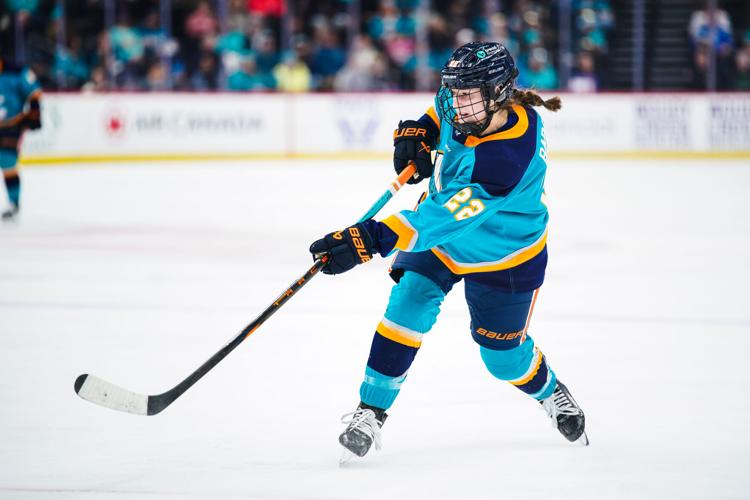U.S. Treasury Secretary Scott Bessent expressed concerns on Sunday regarding the impact of high interest rates on the housing sector, suggesting that parts of the economy may already be experiencing a recession. Speaking on CNN’s “State of the Union,” Bessent reiterated his call for the Federal Reserve to accelerate rate cuts to alleviate the pressures faced by the housing market.
Bessent noted, “I think that we are in good shape, but I think that there are sectors of the economy that are in recession.” He attributed the current challenges, particularly in housing, to the Federal Reserve’s monetary policies, which he believes have caused distributional problems within the economy. While he acknowledged that the overall U.S. economy remains robust, he pointed out that the high mortgage rates are significantly hindering the real estate market.
The housing sector, according to Bessent, is undergoing a recession that disproportionately affects low-end consumers who often carry debt rather than assets. Recent data from the National Association of Realtors indicated that pending home sales in the United States were flat in September, highlighting the stagnation in the market.
Calls for Action from Federal Reserve Officials
Bessent characterized the current economic environment as a transitional period. His comments come on the heels of Federal Reserve Chair Jerome Powell‘s indication that the central bank may not implement further rate cuts in its upcoming December meeting. This stance has drawn sharp criticism from Bessent and other officials from the Trump administration.
In an interview with the New York Times, Stephen Miran, a Federal Reserve Governor who is currently on leave from his role as chairman of the White House Council of Economic Advisers, warned that failing to lower interest rates could lead to a recession. Miran, who plans to return to the White House in January, was one of the dissenting voices in last week’s Fed decision to reduce interest rates by 25 basis points, advocating instead for a more aggressive cut of 50 basis points.
“If you keep policy this tight for a long period of time, then you run the risk that monetary policy itself is inducing a recession,” Miran stated. He expressed confidence that there is no immediate concern about rising inflation, suggesting that a shift in policy could be warranted.
Bessent echoed Miran’s perspective, emphasizing that the Trump administration’s reductions in government spending had contributed to a lower deficit-to-gross-domestic-product ratio, decreasing from 6.4% to 5.9%. He argued that this trend should help in lowering inflation, reinforcing his assertion that the Federal Reserve should continue to reduce interest rates.
“If we are contracting spending, then I would think inflation would be dropping. If inflation is dropping, then the Fed should be cutting rates,” Bessent concluded. His remarks underline a growing concern among officials that high interest rates could hamper economic recovery and exacerbate challenges in the housing market.







